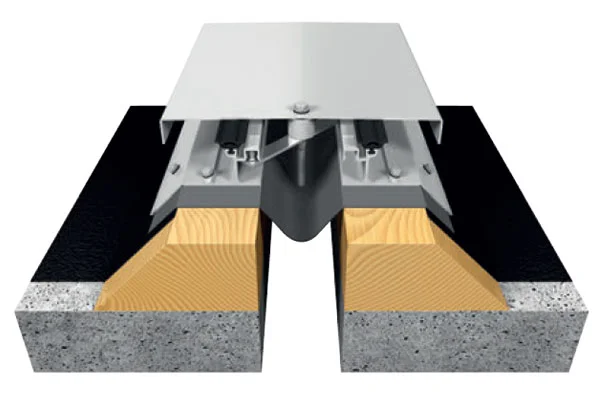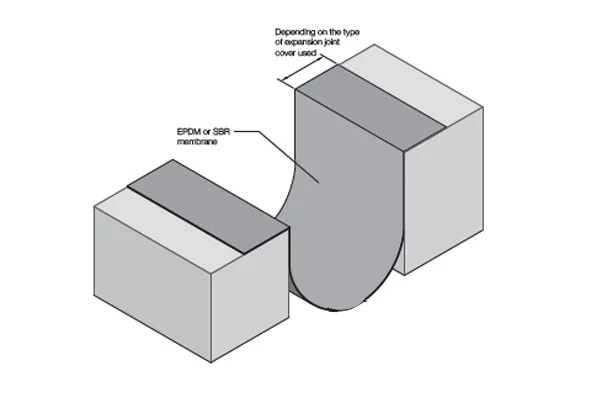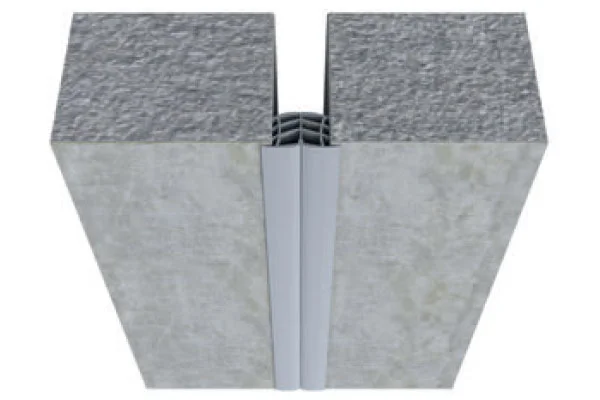
Sometimes, the fastest way to onboard AI software is through the back office.
Artificial intelligence holds real promise in helping the construction industry build smarter, more profitably and with greater operational precision, but the challenge for most firms is simple: Where to begin? Which AI tools will deliver the biggest operational and financial return? And how do we undertake AI initiatives without expensive custom development?
The answer is to embark on your AI journey by focusing on automating key back-office administrative and business development tasks. Off-the-shelf AI applications that can be tailored to your firm’s workflows can make that happen—taming repetitive paperwork, streamlining data collection and even strengthening your pipeline with smarter lead-generation tools—all without months of costly IT programming.
Here are six examples that can be implemented quickly and begin impacting the bottom line almost immediately after rollout:
1. The Quoting AI Agent: Accelerating Bids, Boosting Win Rates
The traditional quoting process is a labor-intensive exercise of interpreting blueprints, calculating materials and estimating labor hours. This not only consumes dozens of skilled hours but also limits the number of bids that a firm can realistically pursue and win. That’s where AI-powered quoting agents come in.
These systems can automatically read blueprints, identify specifications, quantify materials and generate precise cost estimations. By ingesting past project data and learning from a firm’s historical performance, they can produce highly accurate quotes in minutes—not days. This makes it possible to increase your bid volume, enhance bid accuracy and free up your most valuable estimators to focus on strategic pricing and client relationships. The resulting increase in your win rate and operational efficiency is a direct lift to your profitability.
2. Intelligent Data Management: Turning Scattered Data into a Strategic Asset
In any construction firm, proposals, contracts, project schedules, safety reports, supplier agreements and other data sources are typically scattered across various IT systems, individual laptops and physical files. This siloed information is a major liability, making it nearly impossible to quickly access and leverage your corporate knowledge base. The result is wasted time, duplicated effort and a lost competitive advantage.
AI-driven data management solves the problem by centralizing and intelligently organizing all your historical project data regardless of its original format and using advanced AI search capabilities to zero in on the information you’re looking for. Need to find a specific subcontractor’s safety record from a job five years ago or analyze material costs across all projects from the last quarter? You can now query your data and get precise answers in seconds, improving back-office productivity as well as enabling better forecasting, risk management and strategic decision-making.
3. The Bid and RFP AI Agent: Winning With Data-Driven Intelligence
Winning a large commercial or industrial contract hinges on far more than a good price; it requires a deep understanding of the project, the client and the market. Manually researching public bids, analyzing a project’s location and gathering competitive intelligence is a time-consuming and often incomplete process. Most firms rely on guesswork and limited information, leading to sub-optimal proposals.
A bid and RFP AI agent provides a powerful strategic advantage. It can access and monitor all available public and private bids, automatically collect thousands of additional data points about a potential project, and analyze the local market, building history and regulatory environment. This allows you to go from a generic, manually crafted proposal to a data-driven, pre-written proposal in under five minutes, complete with optimized pricing, a realistic timeline and even suggested project management approaches. These highly customized, compelling bids can significantly increase your chances of winning.
4. Harnessing AI for Next-Gen Lead Generation: Secure Your Competitive Advantage
The marketing landscape for construction is changing. While search engine optimization remains important, business leaders and procurement managers are increasingly turning to conversational AI platforms like ChatGPT to ask questions such as: Which firms have the best safety record for industrial projects in the Midwest? And: Who are the top contractors for institutional renovation?
Pre-built AI systems can help firms understand these natural language queries, identify a client’s true intent and automatically generate content that highlights the firm’s unique strengths, experience and value proposition. Moving quickly to integrate these tools into your marketing strategy can boost your visibility and associated business leads compared to competitors still relying on traditional SEO.
5. Automating Accounts Payable and Receivable: Optimizing Financial Performance
Accounts payable and accounts receivable processes are often manual, error-prone and a drain on resources. From processing hundreds of subcontractor invoices to ensuring timely payments from clients, these tasks can tie up a finance team in administrative work, preventing them from focusing on more strategic financial management.
AI-powered AP/AR solutions can automatically extract and verify data from invoices, cross-reference against purchase orders, flag discrepancies for review and send out automated payment reminders for outstanding accounts. That translates into reduced administrative overhead, minimized errors, optimized cash flow and a more robust financial operation. That in turn enables your financial team to focus on what truly drives profitability: forecasting, analysis and strategic financial planning.
6. AI for Administrative Automation: Unleashing Team Potential
The administrative burden in construction firms diverts valuable human capital from critical functions like project management and onsite safety. Previous automation tools like robotic process automation were often too rigid for the dynamic, real-world complexity of a construction business. With the advent of advanced AI and large language models, however, the scope for administrative automation has expanded dramatically.
AI bots can now handle non-core tasks such as automatically generating CRM entries after a site meeting, drafting routine safety updates, checking and updating inventory levels across multiple projects, and sending reminders to subcontractors about critical deadlines. This not only eliminates busywork but also enhances productivity across the entire organization, freeing your project managers, estimators and top administrative staff to focus on the high-value work that directly impacts productivity, quality and your company’s profitability.
Beginning with these six use-cases can help you unlock AI’s potential quickly, from trimming unnecessary overhead and freeing resources to focus on more productive tasks, to boosting business development efforts. Embracing these AI solutions now positions your business to stay ahead in today’s increasingly competitive construction industry.
SEE ALSO: IT’S NOT EASY BEING GREEN—BUT IT CAN BE: HOW TECHNOLOGY IS AIDING LEED DOCUMENTATION
-
Fabien Cros is the chief data and AI officer and founder of SparkWise Solutions—Data & AI at Ducker Carlisle. He formerly served as data and AI country lead for manufacturing at Google France. SparkWise Solutions has developed pre-packaged AI solutions that are customizable and deployable in as little as eight weeks to help companies in the industrial sector realize the benefits of AI quickly and affordably. For more information, visit https://www.duckercarlisle.com/services/sparkwise-solutions/ or email sparkwise@duckercarlisle.com.
Ducker Carlisle
https://www.duckercarlisle.com/services/sparkwise-solutions/ |








